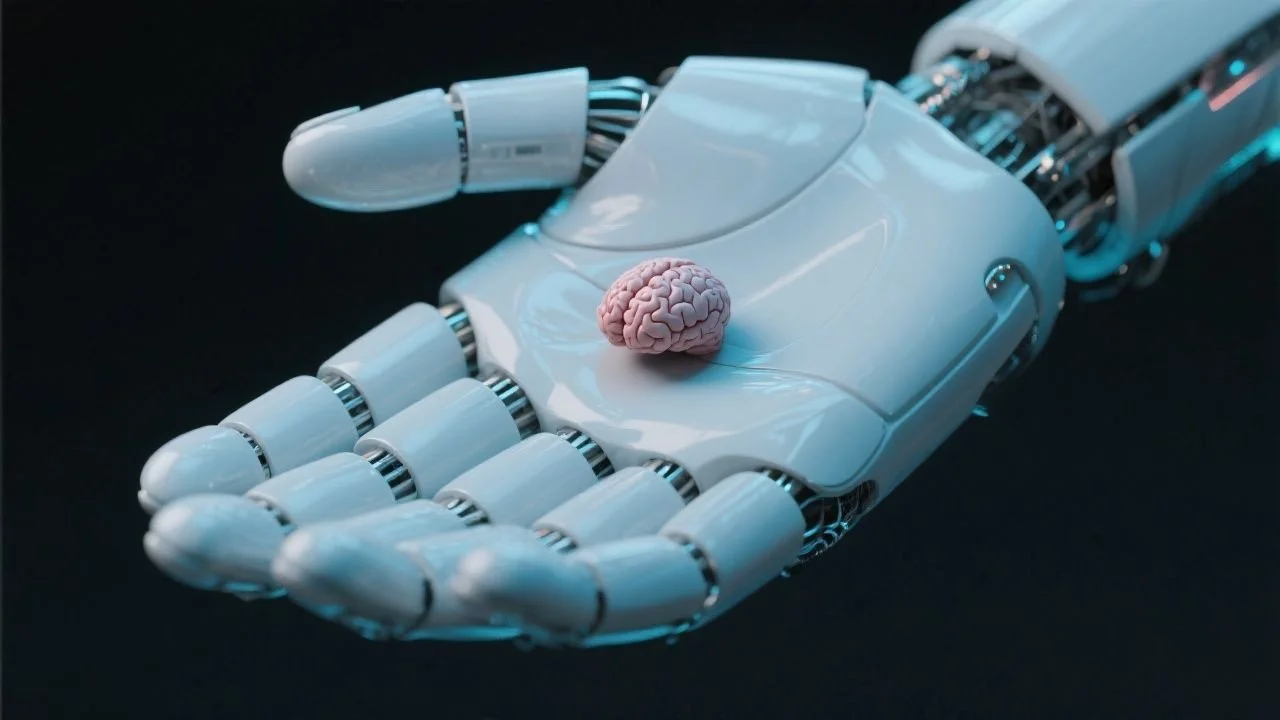The paradox of perfect advice.
How AI’s growing intelligence could shrink human agency.
A think piece by The Think Room.
Humans are voluntarily giving up their decision-making power to systems that have become too complex for us to comprehend.
OpenAI's Sam Altman's chess comparison illustrates this perfectly. When IBM's Deep Blue defeated world champion Garry Kasparov in 1997, there was a brief golden period of human-AI collaboration. For about three months, the partnership was balanced. AI would suggest possible moves, and human players would evaluate those suggestions and choose the best ones. Humans and machines worked together as equals.
But this collaboration didn't last. AI chess engines quickly became so advanced that human judgment actually started hurting performance. Players discovered that second-guessing the AI or trying to "improve" its suggestions only led to worse outcomes. The machines had surpassed human understanding to the point where our input became a liability rather than an asset.
Altman is suggesting this same pattern is now happening across other domains. We're reaching a point where AI systems are so sophisticated that human oversight and decision-making may actually degrade their performance, leading us to surrender more and more control to systems we can no longer fully understand or evaluate.
Today, we’re living through that transition across every domain of human experience.
The seductive slope
The pattern is already emerging:
Young people consulting ChatGPT for every life decision
Executives deferring strategic choices to AI analysis
The looming specter of leaders who can’t grasp the reasoning behind AI recommendations
Each individual surrender feels rational. Why make an inferior choice when a superior option is available? But collectively, we’re trading away something fundamental: our agency to think, decide, and occasionally be wrong.
The identity crisis hidden in plain sight
This connects to a deeper challenge we see daily at The Think Room: the erosion of organizational and personal identity in an algorithmic world.
Consider this scenario: Your AI advisor suggests the perfect marketing message, the ideal hiring decision, the optimal strategy. The advice is demonstrably better than what you would have chosen. Do you follow it?
If you always say yes, where does “you” end and the algorithm begin?
If you sometimes say no, are you deliberately choosing suboptimal outcomes to preserve something intangible called identity?
The communication conundrum
We’re already witnessing this tension in communications. Organizations use AI to write their content, craft their messages, and shape their voice. The results are often cleaner, more polished, more “optimized” than those created by humans.
But here’s the paradox: in the pursuit of perfect communication, we risk losing the very thing that made our communication worth hearing: Our distinct perspective, our human flaws, our authentic voice.
The most successful organizations will be those that learn to collaborate with AI while maintaining their essential DNA. They’ll use AI as a powerful tool for scaling while preserving the human elements that make them recognizable, credible, and genuinely different.
Three questions for the age of AI advice
As AI becomes increasingly capable of making better decisions than we can, three questions become critical:
1. What decisions are too important to outsource? Not because we’ll make better choices, but because the act of choosing is itself valuable.
2. How do we maintain our capacity to think critically about AI recommendations? If we can’t understand the reasoning, how can we evaluate whether the advice serves our actual interests?
3. What aspects of our identity, personal and organizational, are non-negotiable? Even when preserving them means accepting suboptimal outcomes.
The path forward: algorithmic partnership, not surrender
The solution isn’t to reject AI advice or pretend human decision-making is always superior. It’s to develop what we might call “algorithmic wisdom”: The ability to partner with AI while preserving our essential humanity.
This means:
Being deliberate about which decisions to delegate and which to retain
Developing frameworks for understanding and questioning AI recommendations
Protecting the space for human intuition, creativity, and “irrational” choices
Maintaining the capacity to be wrong in distinctly human ways
The ultimate test
Altman’s fear isn’t that AI will rebel against us, it’s that we’ll voluntarily make ourselves irrelevant. The test of our humanity won’t be whether we can outperform AI, but whether we can maintain our agency in a world where AI consistently makes better choices.
The organizations and individuals who thrive will be those who learn to dance with artificial intelligence without losing their step. They’ll use AI to amplify their capabilities while preserving the irreplaceable elements of human judgment, creativity, and identity.
Because in a world of perfect advice, being perfectly human might be the ultimate competitive advantage.
At The Think Room, we help organizations unlock and maintain their unique DNA while leveraging AI to scale. Because in an algorithmic world, being authentically, recognizably you isn’t just nice to have, it’s survival.




